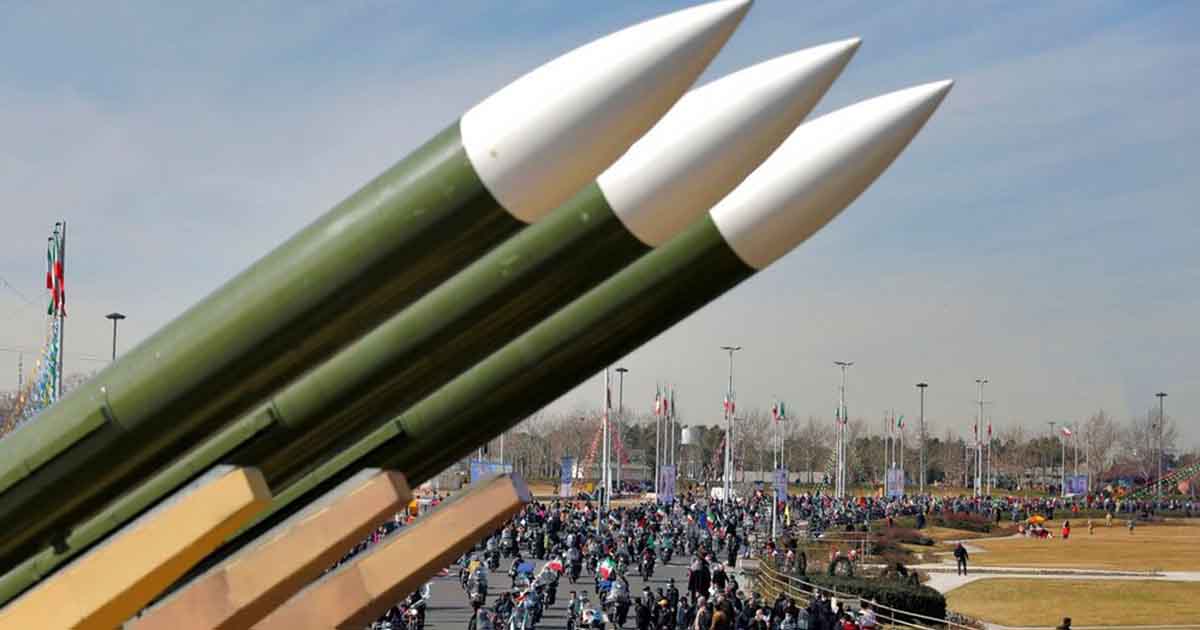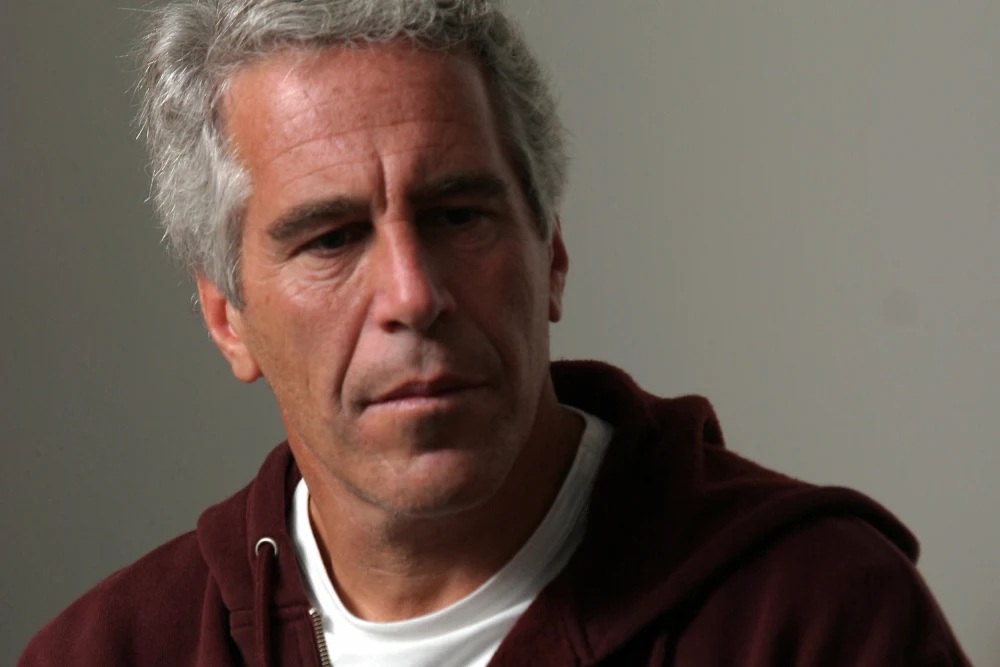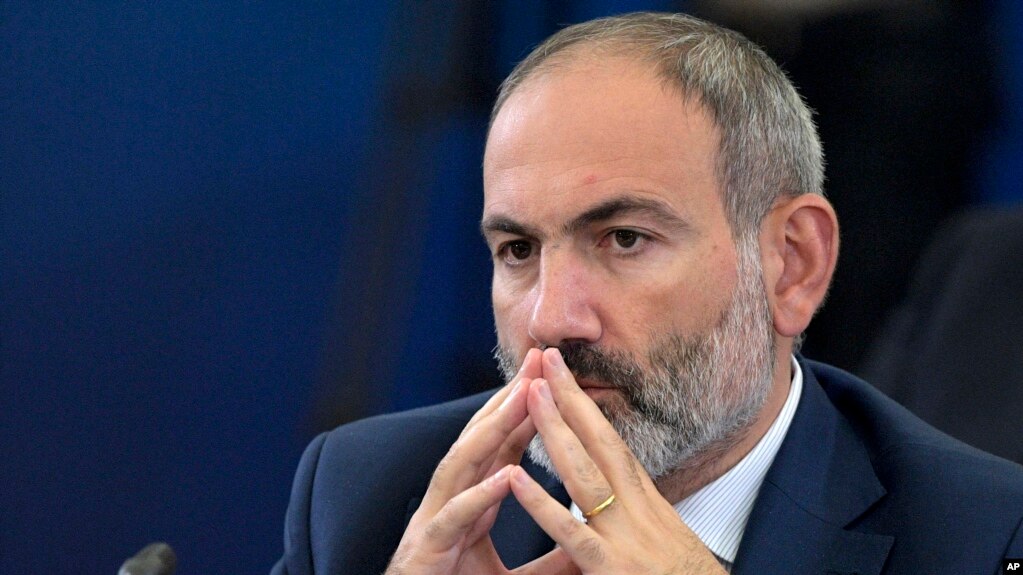
The White House on Monday denied having played any role in a power outage at an Iranian nuclear site and declined to comment on whether Israeli sabotage was to blame or whether the incident might impair efforts to revive the 2015 Iran nuclear deal.
“The U.S. was not involved in any manner,” White House press secretary Jen Psaki said in response to questions. “We have nothing to add on speculation about the causes or the impacts.”
Iran accused arch-foe Israel of sabotaging the Natanz uranium enrichment plant and vowed revenge for an attack that appeared to be latest episode in a long-running covert war.
Israel opposes Tehran’s 2015 nuclear deal with major powers, an accord that Iran and U.S. President Joe Biden are trying to revive after his predecessor, Donald Trump, abandoned it three years ago.
Israel, whose existence Iran does not recognize, has yet to formally comment, but multiple Israeli media outlets quoted unnamed intelligence sources as saying Israel’s Mossad spy service successfully sabotaged the underground complex.
Iran and the major powers described as “constructive” the talks last week to salvage the nuclear deal, whose core bargain involved limiting Iran’s nuclear activities in return for the lifting of U.S. and other international sanctions.
Trump reneged on the pact in 2018 by reimposing harsh U.S. economic sanctions, prompting Iran to breach many of the nuclear restrictions from 2019.
The indirect talks in Vienna, in which mainly European diplomats are shuttling between the remaining parties to the deal and the United States, are expected to resume on Wednesday.
Psaki said she expected them to be “difficult and long,” adding “we have not been given any indication about a change in participation,” by Iran.
A U.S. official speaking on condition of anonymity said Washington had no reason to believe Tehran would change its approach because of the Natanz incident, but added “it’s too soon to say.”
He also echoed the view put forward last week by a senior State Department official that Tehran’s demands that Washington remove all sanctions imposed by the Trump administration since 2017 would lead to an impasse.
“If their position is ...we have to lift everything, and we have to lift it up front, and then they verify it, and then they take their first step, that’s a recipe for paralysis,” he said. “We hope that they will take a more pragmatic approach.”
Source: Reuters





